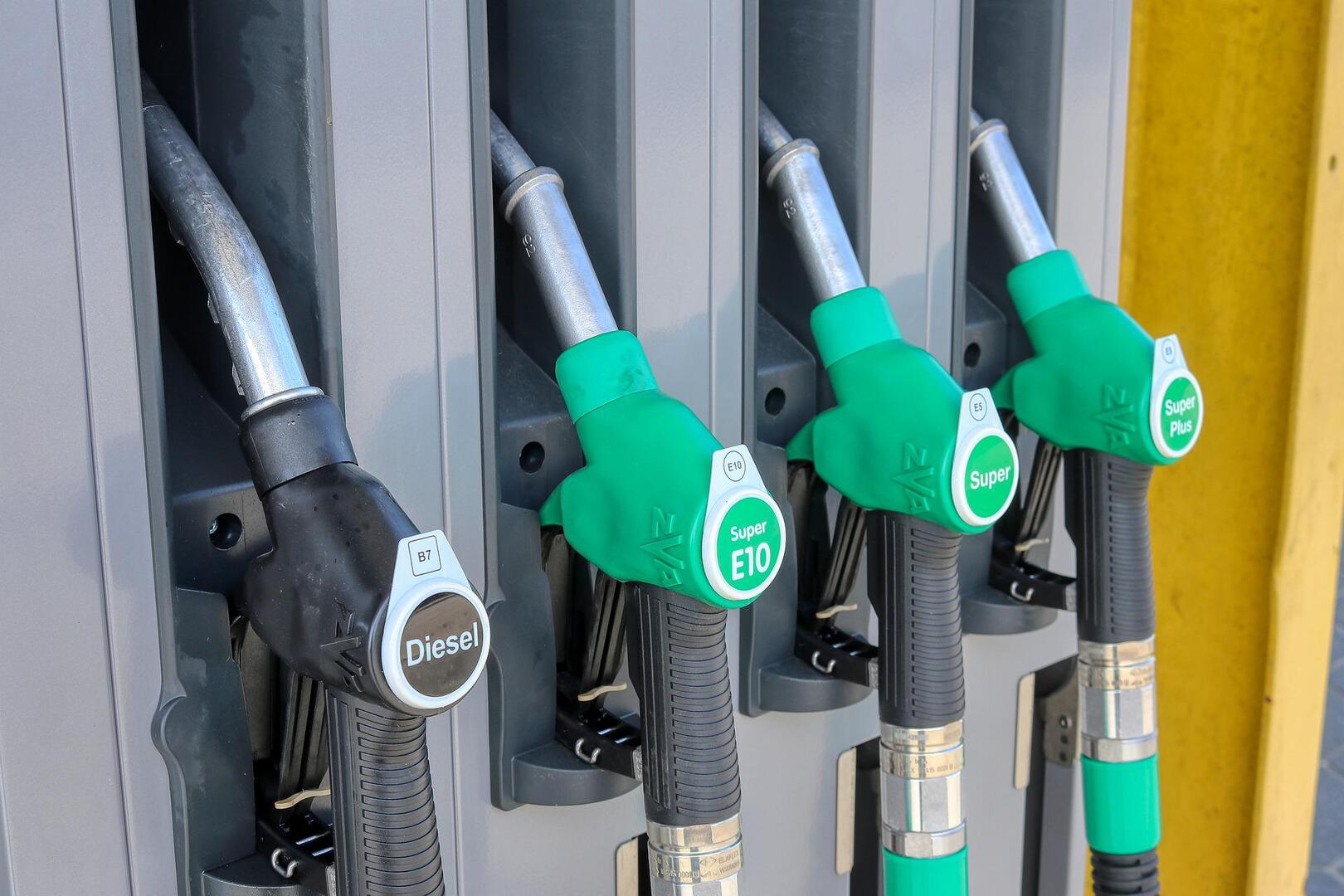
Back to News Hub

Haulage businesses have more to worry about than just the rising price of fuel, there are fuel thefts, channel crossing queues, war in Europe, a Pandemic and no doubt, Brexit will have contributed to both the rising costs and complexities of running a haulage business.
To help our fleet tyre customers we have trawled the web to find 20 tips to keep fuel costs down or establish ways to insulate your haulage businesses from the impact of rising fuel prices.

25 May 22
Fuel Price Crisis - 20 Tips To Keep Fuel Costs Down
Run Your Fleet More Profitably
Haulage businesses have more to worry about than just the rising price of fuel, there are fuel thefts, channel crossing queues, war in Europe, a Pandemic and no doubt, Brexit will have contributed to both the rising costs and complexities of running a haulage business.
Beware fuel is being stolen from trucks!
Some would argue that it has been a ‘Perfect Storm’. Fuel prices started to rise as businesses returned to normal after Pandemic restrictions were lifted. The international return to production created much higher demand chasing supply that had been held back following a disastrous time for fuel producers when demand shrank overnight at the start of the Pandemic and they literally couldn’t give fuel away.
To add to the chaos and price rises is the increased demand as a result of the Ukrainian war and reduced supply as a result of Russian sanctions. According to a recent article in the Sunday Times before Easter on March 20th, the rising prices ( then only reaching £1.89 per litre of diesel) were the catalyst to promote theft on an industrial scale by well organised criminal gangs who are stealing fuel worth thousands of pounds not only from lorries but also from depot storage tanks.
Fuel thieves drain trucks of fuel whilst drivers sleep sometimes as a result of gangs gassing or drugging drivers
The Sunday Times reported “Vehicles have been slashed open and there have been reports of drivers being drugged or assaulted, as well as street lights being turned off so that thefts can be carried out in darkness. Sophisticated tactics have included pipes being fitted into tanks with the fuel then carried as far as half a mile.”
They added, “Some police forces have shared posts on social media warning about petrol theft. Nottinghamshire police set up an undercover operation, using a decoy “capture lorry” as well as drones to catch two teenagers stealing diesel. With fuel theft accounting for 38 per cent of all cargo crimes in January this year.”
“In some cases, gangs have used knives or wire cutters to get into vehicles. Pumps have also been attached to lorries that can empty tanks within minutes. Criminals are reported to have cloned the number plates of legitimate HGVs to escape with the fuel and used GPS scramblers to avoid being tracked. A driver from Norwich, fell victim as he slept on the A50 near Uttoxeter, Staffordshire, last summer. He woke up at 5.30am with no fuel and was stranded for a day and a half. Thieves had siphoned fuel worth £1,000 from his tank and this was the third time fuel had been stolen from him.” He wasn’t alone as every driver he knew has experienced a similar in the past year.
Another incident, this time at a depot resulted in 15,000 litres of fuel stolen from the tank at the depot when a pipe had been inserted into the drum, containing fuel worth nearly £25,000, in the early hours. Over the course of three hours, it was then transported across half a mile of fields to a 40-tonne lorry.
In other cases the gangs are taking out street lamps to avoid detection. The Sunday Times reported that “there was a photo of a driver who had an axe planted into his leg because he got out to check what was happening. There was another report where the driver was gassed.”
In other cases the gangs are taking out street lamps to avoid detection. The Sunday Times reported that “there was a photo of a driver who had an axe planted into his leg because he got out to check what was happening. There was another report where the driver was gassed.”
“There were rumours that criminals known as “fuel fairies” put toxic substances under the bonnet so it would seep through the vent and knock drivers out,” the article added.
The police have reported that this isn’t opportunist crime and say some gangs are tracking shift patterns of hauliers.
In 2003 the cost of a barrel of Brent Crude was less than £25/ Barrel and last month it peaked at over 6 times that figure above £125/barrel. It is reported that the average family car costs over £90 to fill with petrol.
20 ways to keep fuel costs down or run a fleet more profitably (Part 1 - the first 10 tips)
To help our fleet tyre customers we have trawled the web to find 20 tips to keep fuel costs down or establish ways to insulate your haulage businesses from the impact of rising fuel prices.
If we have missed any or you can update our list please comment on the article on our Facebook page and we’ll happily share them with our network. The average truck driver drives around 2,500 miles per week, which, over 50 weeks is 125,000 miles per annum so there are several seemingly minor changes that cumulatively will amount to a significant amount. They are not in any order of magnitude and clearly they will vary both by vehicle and business but we hope they are of help. Here are the first 10 and the second 10 will be published in our blog next week.
1. Establish fuel security – clearly from our research this is an ongoing issue that can be prevented.
2. Switch Winter tyres to summer tread patterns- winter tread patterns create more friction and use more fuel.
3. Check Wheel and Tyre alignment- Just ¼ of a degree will result in 10-15 feet drag to one side in a mile.
4. Check tyre pressures-A 10% reduction in tyre pressure will increase fuel consumption by approximately 1%. Or If all your tyres are underinflated by 10 psi, this could reduce fuel efficiency by up to 10%.
5. Use Cruise Control-When viable cruise control can limit unnecessary acceleration and deceleration and can save you up to 6% in fuel consumption on the road.
6. Minimise cruising speed- Perhaps the biggest impact but every 1mph increase in speed results in a 0.14mpg decrease in fuel economy.
7. Using the highest possible gear and changing up early- Travelling faster in low gears can consume 45% more fuel than is needed.
8. Minimise idling- In these days of queues or even at the depot only idle your truck when absolutely necessary. One hour of idling burns about a gallon of fuel.
9. Avoid Air conditioning at low speeds- AC increases fuel consumption by 0.2 - 0.4 miles per gallon. Sometimes an open a window is better for fuel economy, especially at slow speeds where aerodynamics is not so important.
10. Use Airconditioning at higher speeds- at speeds above 80 KM/H the wind resistance from an open window exceeds the energy used to power the AC. Conversely, excessive heating will also waste fuel in some circumstances.
Hopefully, there will be at least one tip in our first 10 list, that you haven’t thought of. Part 2 is live - 10 more tips to keep fuel costs down.
Related Articles



